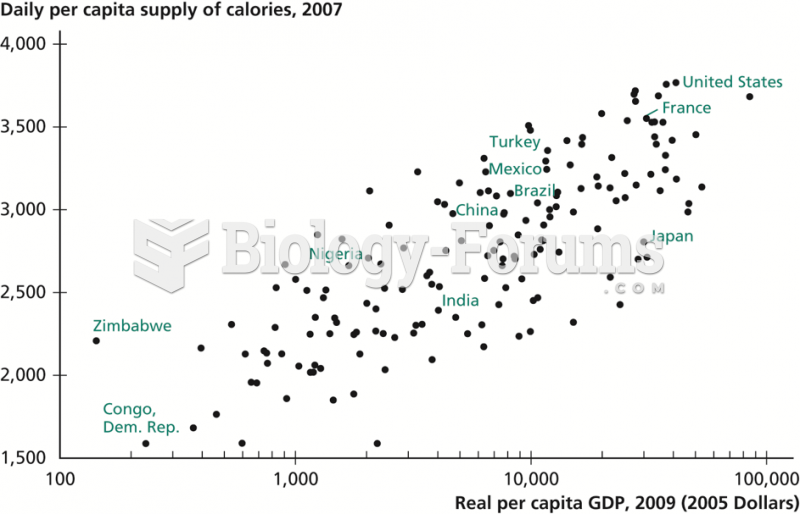Answer to Question 1
Expectations about managerial authority versus participation were among the managerial behaviors and philosophies studied by Laurent, a French researcher. In a study conducted in nine Western European countries, the United States, Indonesia, and Japan, he concluded that national origin significantly affects a person's perception of effective management. For example, Americans and Germans subscribe more to participation than do Italians and Japanese; Indonesians are more comfortable with a strict autocratic structure. Managers in Sweden, the Netherlands, the United States, Denmark, and Great Britain believe that employees should participate in problem solving rather than simply be fed all the answers by managers, compared with managers in those countries on the higher end of this scale, such as Italy, Indonesia, and Japan. Laurent's findings about Japan, however, seem to contradict common knowledge about Japan's very participative decision-making culture.
Answer to Question 2
The choice of entry mode has many important strategic implications for a company's future operations. Because enormous investments in time and money can go into determining an entry mode, the choice must be made carefully. Several key factors that influence a company's international entry mode selection are the cultural environment, political and legal environments, market size, production and shipping costs, and international experience.
Cultural Environment-The dimensions of culturevalues, beliefs, customs, languages, religionscan differ greatly from one nation to another. In such cases, managers can be less confident in their ability to manage operations in the host country. They can be concerned about the potential not only for communication problems but also for interpersonal difficulties. As a result, managers may avoid investment entry modes in favor of exporting or a contractual mode. On the other hand, cultural similarity encourages confidence and thus the likelihood of investment. Likewise, the importance of cultural differences diminishes when managers are knowledgeable about the culture of the target market.
Political and Legal Environments: Political instability in a target market increases the risk exposure of investments. Significant political differences and levels of instability cause companies to avoid large investments and to favor entry modes that shelter assets.
A target market's legal system also influences the choice of entry mode. Certain import regulations, such as high tariffs or low quota limits, can encourage investment. A company that produces locally avoids tariffs that increase product cost; it also doesn't have to worry about making it into the market below the quota (if there is one). But low tariffs and high quota limits discourage market entry by means of investment. Also, governments may enact laws that ban certain types of investment outright.
Market Size-The size of a potential market also influences the choice of entry mode. For example, rising incomes in a market encourage investment entry modes because investment allows a firm to prepare for expanding market demand and to increase its understanding of the target market. High domestic demand in China is attracting investment in joint ventures, strategic alliances, and wholly owned subsidiaries. On the other hand, if investors believe that a market is likely to remain relatively small, better options might include exporting or contractual entry.
Production and Shipping Costs-By helping to control total costs, low-cost production and shipping can give a company an advantage. Accordingly, setting up production in a market is desirable when the total cost of production there is lower than in the home market. Low-cost local production might also encourage contractual entry through licensing or franchising. If production costs are sufficiently low, the international production site might even begin supplying other markets, including the home country. An additional potential benefit of local production might be that managers could observe buyer behavior and modify products to better suit the needs of the local market. Lower production costs at home make it more appealing to export to international markets.
Companies that produce goods with high shipping costs naturally prefer local production. Contractual and investment entry modes are viable options in this case. Alternatively, exporting is feasible when products have relatively lower shipping costs. Finally, because they are subject to less price competition, products for which there are fewer substitutes or those that are discretionary items can more easily absorb higher shipping and production costs. In this case, exporting is a likely selection.
International Experience-Most companies enter the international marketplace through exporting. As companies gain international experience, they tend to select entry modes that require deeper involvement. But this means businesses must accept greater risk in return for greater control over operations and strategy. Eventually, they may explore the advantages of licensing, franchising, management contracts, and turnkey projects. After businesses become comfortable in a particular market, joint ventures, strategic alliances, and wholly owned subsidiaries become viable options.







